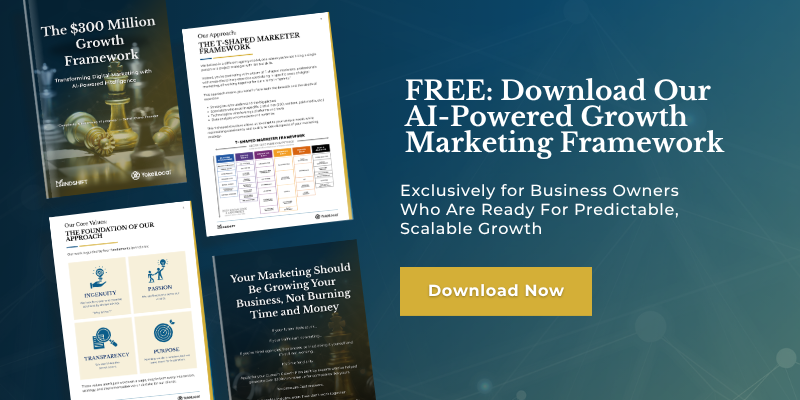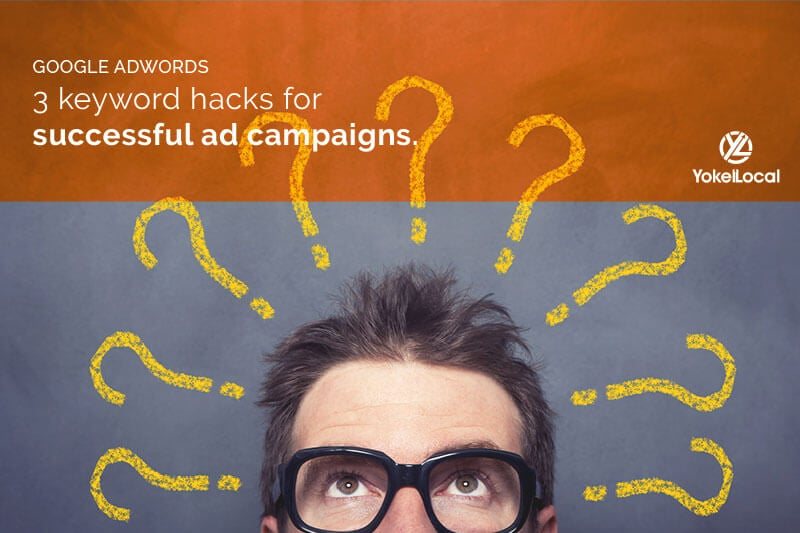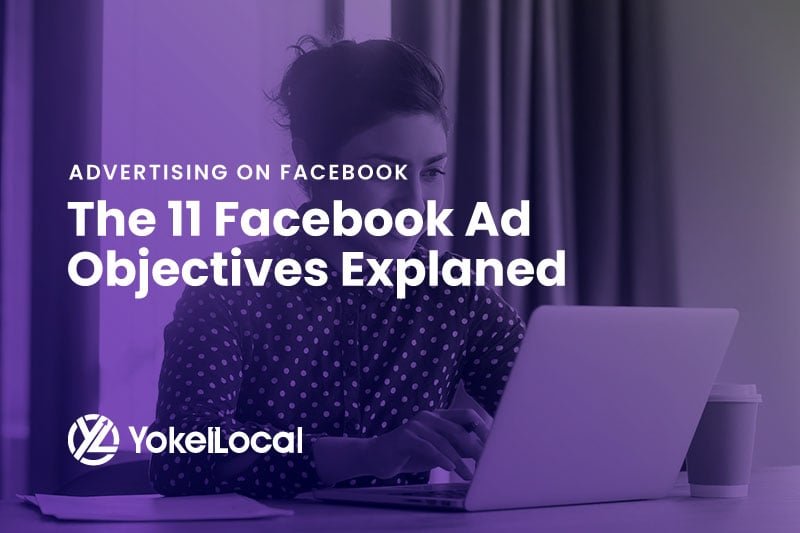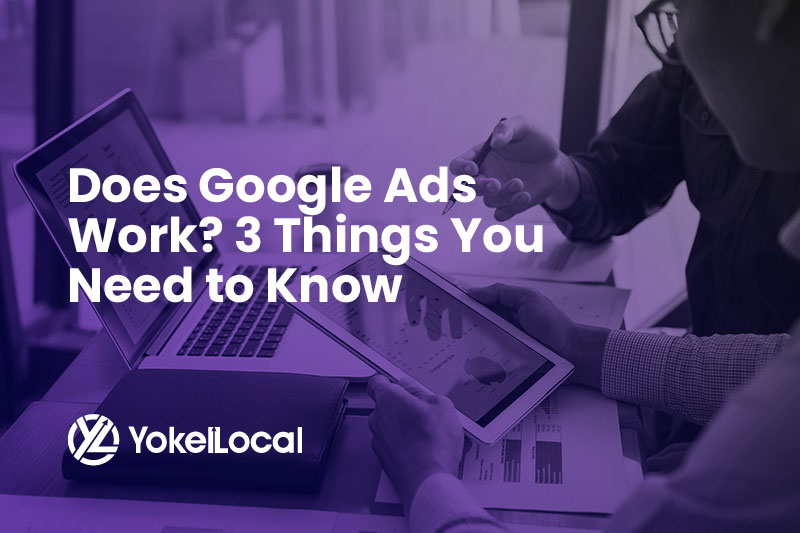You may be wondering, "Does Google Ads work?" This is often the sentiment of those who have tried running Google Ads and failed. We understand. Google Ads changes often and it can be hard to keep up with pay per click advertising best practices.
You shouldn't waste your money on Google Ads. And if they're not working for you, then that's what's happening. However, we implore you to not give up on Google Ads. It's an awesome lead-generating machine that can create a lucrative ROI for your business. We're here to help, so we've collected the six most common Google Ads mistakes that will hurt your business.
- Mistake #1 - Stuffing your ad groups with too many keywords. This simply means you load your campaign with every single relevant keyword you can think of.
- Mistake #2 - Sending clicks to your homepage instead of a landing page that converts. Your homepage tends to have a lot going on than a simple landing page which can confuse your targeted users and cause them to leave your website.
- Mistake #3 - Not considering where your customer is in their buyer's journey.Google Ads changes often and it can be hard to keep up with pay per click advertising and failing to understand that everyone who lands on your website today is not necessarily ready to make a purchase today. In fact, 96% of consumers are not ready to buy from you.
- Mistake #4 - Ignoring retargeting. Now you may think that retargeting is creepy, or a bit annoying because "ads follow you all over the Internet." But when correctly executed, it's an effective way to stretch the visibility of your ads and gain more clicks.
- Mistake #5 - Failing to install Google Analytics correctly. By incorrectly setting up Google Analytics you have no way of tracking the clicks your gain from your Google Ads campaigns or analyzing which keywords resulted in traffic. In other words, you're not able to analyze the effectiveness of your campaign(s).
- Mistake #6 - You are paying the "Google Dummy Tax." What this essentially means is that the quality score of your campaign is significantly low when compared to your industry average and because you're missing the mark you end up paying more money to run your campaigns.
If you avoid these mistakes, you'd come to find out that Google Ads does indeed work, though competition for visibility has increased.
Google has made several changes in the way ads now appear in search results, by shrinking ad inventory. To succeed with Google Ads, you'd have to be in the top three results; and to accomplish such a feat, you must be efficient in creating and launching your campaigns.
Watch the video above for a full lesson on common Google Ads mistakes.
If you are interested in learning more about effective Google advertising or have a question about pay-per-click ads, please reach out to us! Let's talk (at no cost to you) and discuss a strategy for a new campaign that will deliver lead generation and sales growth!














